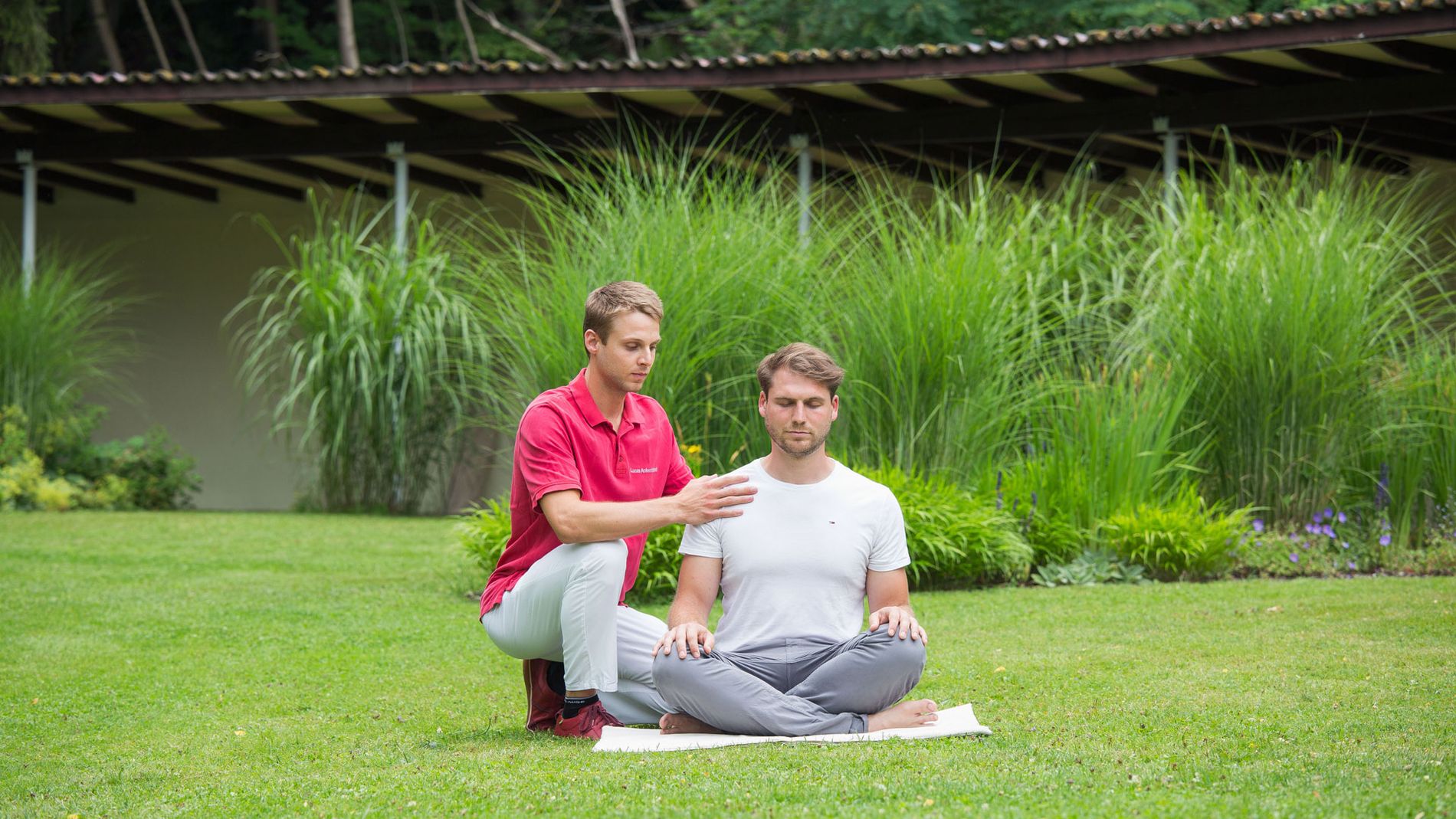INTERVIEW
EXHAUSTION AND LACK OF ENERGY: WAYS TO INNER RENEWAL
Exhaustion and lack of energy - increasingly widespread ailments that lead many people to look for ways beyond conventional medicine to restore health to body and soul through a more holistic approach. It is also important to understand the underlying causes of these symptoms in order to find effective solutions.
In this interview, Prof Dr Michalsen and Dr Rainer Matejka shed light on the complexity of the causes of tiredness and fatigue, based on current studies and many years of clinical experience. They discuss the significance of sleep disorders, vital substance deficiencies and psychosomatic aspects and offer an insight into innovative medical approaches that go beyond the methods of conventional medicine.
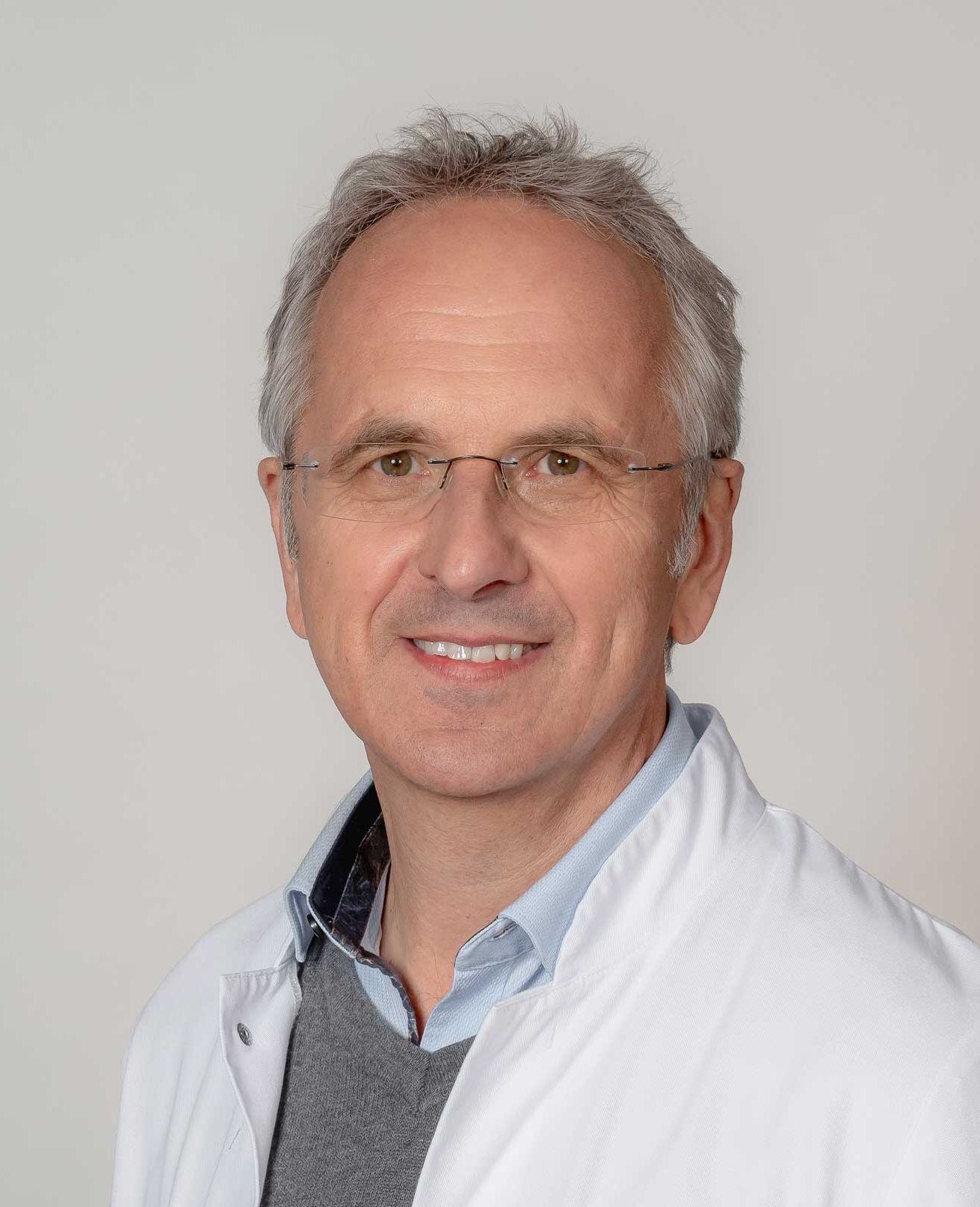
PROF. DR. ANDREAS MICHALSEN
Professor of Clinical Naturopathy at Charité Berlin and Head of the Department of Internal Medicine and Naturopathy at Immanuel Hospital Berlin-Wannsee.
Further information on Prof Dr Michalsen can be found at the end of the interview.
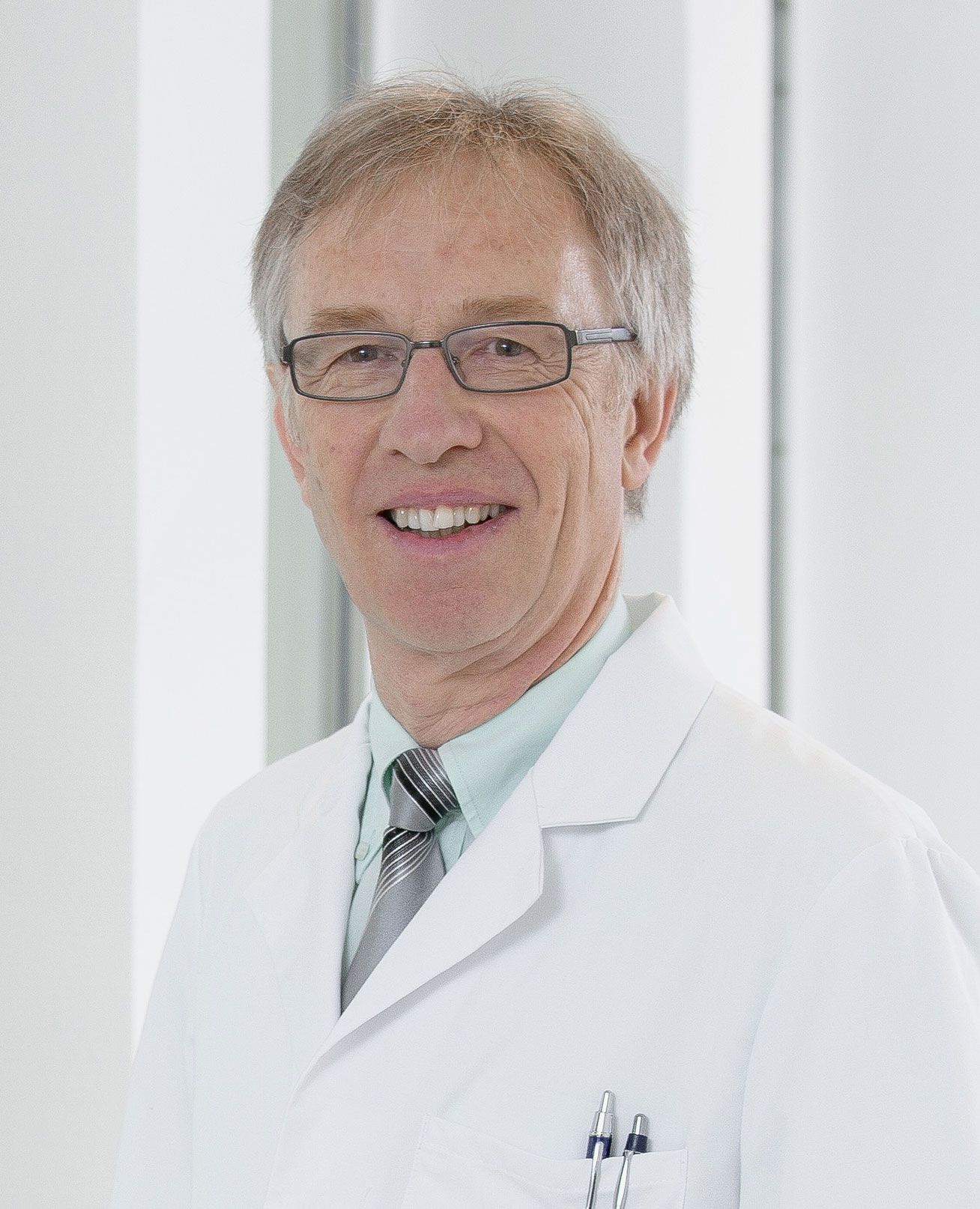
DR. MED. RAINER MATEJKA
Fasting doctor, specialist in general medicine, naturopathy and biological medicine. Head physician at the Malteser Klinik von Weckbecker in Bad Brückenau from 2016 to 2024.
Further information on Dr Matejka can be found at the end of the interview.
Exhaustion and lack of energy seem to be a widespread ailment. Many people long for a ‘reset’ for body and soul. What are the causes and does this root cause analysis help to find solutions?
DR. MED. RAINER MATEJKA:
A study conducted by the University of Marburg in 2015 and a number of similar studies show this: For most people, exhaustion and lack of energy are rarely caused by a previously undetected serious illness. In up to 20% of cases, however, sleep disorders and depressive moods play a significant role, in a small percentage of cases anaemia, for example due to iron deficiency, and in only 0.6% of cases tumour diseases that have not been detected for a long time. A wide range remains unexplained and often cannot be treated satisfactorily by referring to psychosomatic causes.
This constellation shows a dilemma of modern medicine. Whenever a structural organ disease cannot be proven, the ice becomes ‘very thin’ and the treatment recommendations often lack substance. Patients are then sometimes told that they have to live with their symptoms or that they should think about their age.
In fact, you should think about the obvious things first: these include, for example, optimising the quality of sleep and compensating for an existing lack of vital substances. Women before the menopause in particular should think about iron deficiency and B12 deficiency. The popular term ‘hyperacidity’ of the organism can also be a cause. We would consider this to be an overload of metabolic waste products in the body due to overeating and lack of exercise. Inadequate stress management also plays a major role - in short, modern lifestyles that are often characterised by a hectic pace.
PROF. DR. ANDREAS MICHALSEN:
It is astonishing what a large proportion of our medical care is now accounted for by fatigue syndromes. They are usually based on complex constellations. Social factors, overload, a presumably ever-increasing acceleration of our everyday lives, but certainly also - as mentioned by Dr Matejka - malnutrition, lack of exercise and, above all, sleep disorders play a significant role. There are also specific causes such as the current long Covid syndrome. In my experience, it is crucial to strike the right balance between root cause research and a pragmatic approach. Excessive diagnostics with extensive laboratory analyses and repeated diagnostic examinations usually only costs a lot of money, but usually provides little insight in terms of therapy.
It is important to keep an eye on the metabolism with blood sugar regulation, blood lipids and liver function. Liver disorders in particular cause exhaustion and fatigue. As my colleague already mentioned, vitamin D, vitamin B12 and iron should be analysed in the blood count. Sleep also plays a prominent role. Ways to improve sleep range from a more stable biorhythm, intermittent fasting, darkening the bedroom, avoiding alcoholic beverages in the evening to mind-body medicine and structured stress reduction.
In sports and exercise therapy, it can be helpful to carry out performance diagnostics beforehand, e.g. with lactate ergometry. This is because it is a recurring problem that people who are exhausted try sport but then realise that a slight overdose or overexertion has negative effects. Training intensity can be controlled more precisely with performance diagnostics.
It is also important to analyse your lifestyle and biographical situation holistically, from which solutions can then be worked out in an individual consultation. These can be simple things such as sleep hygiene, integrating short relaxation exercises into everyday life and reducing to-do lists. Nutritional therapy should also be individualised. For some, a wholesome, raw food-rich diet can be energising and energising. People with intestinal inflammation or intestinal disorders, on the other hand, are not able to produce metabolic products such as short-chain fatty acids from a wholesome diet, which provide energy, but rather create inflammatory stimuli, which in turn increase exhaustion. Individualised nutritional therapy is therefore a priority.
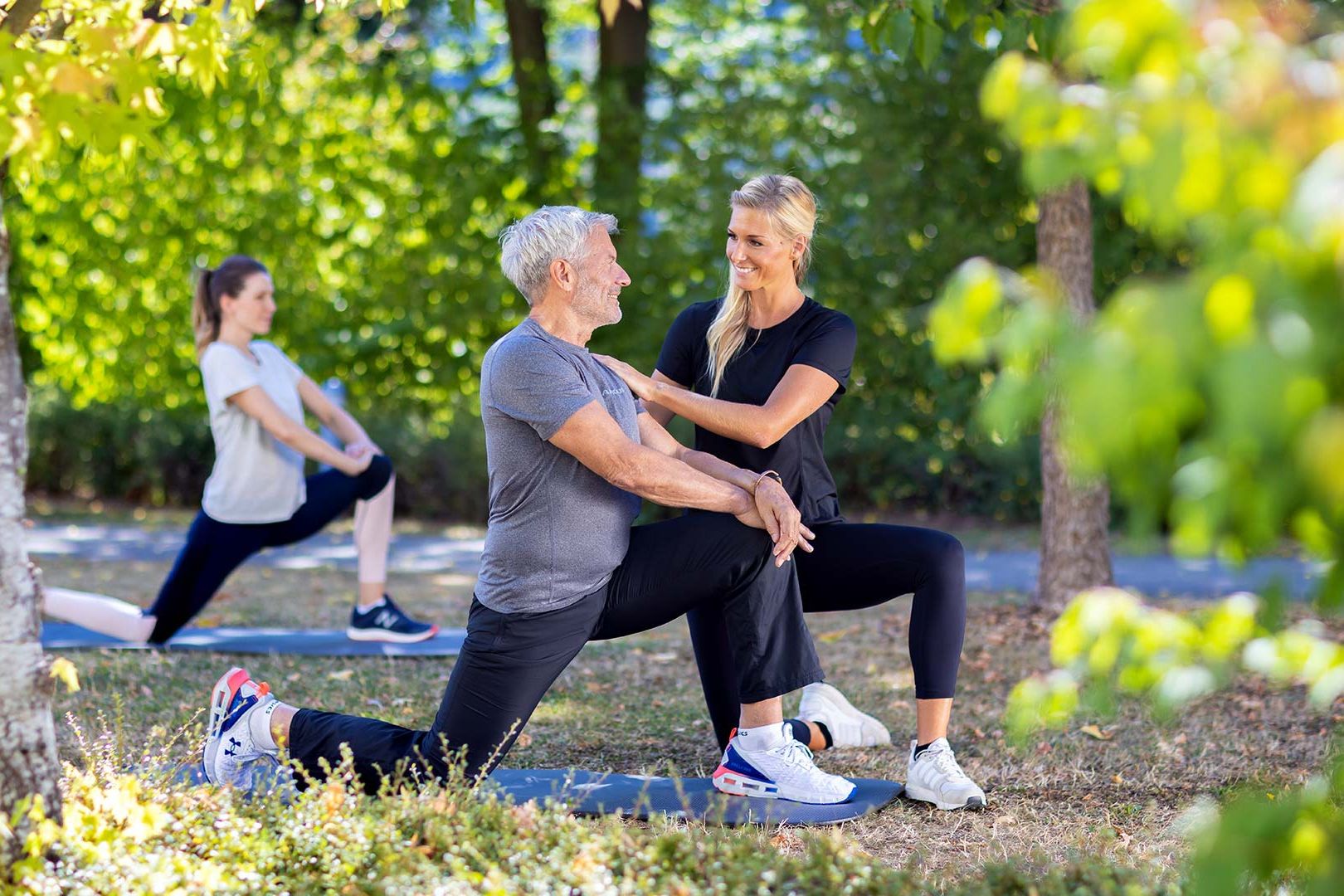
Why does a purely psychological view of the problem fall short? How does fasting, for example, affect the psyche?
DR. MED. RAINER MATEJKA:
Psychosomatic factors are often seen as causes or at least contributory causes of illnesses. However, the reverse causality can also play a role. An overloaded metabolism can put a strain on the psyche. It is not for nothing that it is said, for example, that ‘the pain of the liver is fatigue’.
Fasting, for example, followed by a change in diet to a vegetable-rich wholefood diet can have a lasting relieving effect and thus also have a positive impact on the psyche.
Psychiatrists Stefan Brunnhuber and Oliver Somburg describe fasting as psychovegetatively stabilising, pain-relieving, anxiety-relieving and also tending to have an antidepressant effect.
PROF. DR. ANDREAS MICHALSEN:
Exhaustion syndromes are exemplary of the inseparable connection between body, mind and soul.
Intestinal complaints and intestinal stress, metabolic imbalances or liver diseases can significantly affect the psyche and vitality. On the one hand, a healthy diet, fasting, a microbial build-up of the intestines or even a liver cure can improve vitality and mental well-being.
On the other hand, the mental and psychological effects of fasting are also of great importance to me. Initially we experience a deficit, but as the fast progresses it leads to a strengthening of our physical well-being and an enrichment of our creative and sensual perception.
In this way, we make the unusual experience in today's everyday life that our own situation improves through renunciation, not through consumption.
What possibilities does integrative medicine offer?
DR. MED. RAINER MATEJKA:
Over 2000 years ago, Hippocratic medicine already pursued the strategy of ‘eliminatio’ in many cases, i.e. the omission of things that were not needed and at the same time ‘substitutio’, i.e. the supply of missing things. This is exactly what integrative medicine can still do very well today.
This would mean, for example, initiating countermeasures by changing the diet and/or fasting if the metabolism is overloaded - which a fatty liver alone would indicate. And to support further complex effects such as stimulating the formation of new blood vessels, strengthening the immune system and anti-diabetic effects through more exercise. In the case of an inadequate iron or vitamin B12 supply, substitution would come into play. In this sense, even the good old anabolic injection (usually a vitamin B combination with folic acid) still has its justification.
In short, integrative medicine, which strongly propagates lifestyle changes and lifestyle optimisation, holds the key to treating the causes of numerous modern civilisation disorders, or at least improving them. This in no way contradicts the guidelines of modern clinical medicine.
PROF. DR. ANDREAS MICHALSEN:
Integrative medicine basically offers a multidisciplinary and multi-layered approach to chronic illnesses and fatigue syndromes. This involves supporting or stimulating our various biological systems. In concrete terms, this means suitable nutritional therapy or medical fasting. Other factors include exercise, sport and physiotherapy, as well as rest and regeneration. Thermotherapy works with hot/warm and cold stimuli, such as pouring, sauna, cold chamber. In the field of mind-body medicine, deep relaxation methods are combined with forms of exercise, such as yoga or tai chi, qigong or Feldenkrais or other methods. If, on the other hand, the person is already in a very deficient state, where there is no good starting point for stimulation through exercise, cold or heat stimuli, it can be helpful to first compensate for a lack of vital substances, to rely on a supportive, warming, relieving diet and to give medicinal plants and micronutrients.

OUR RECOMMENDATION FOR YOU
RESET
Our specific programme for stress, exhaustion and the desire for a ‘reset’.
For deep relaxation and holistic revitalisation.
7 nights from € 2.174
You can cancel or rebook your stay free of charge up to 14 days before arrival. Valid for stays until 31 December 2025.
As a person under stress, what lifestyle changes can I make myself? To what extent must there be a change of perspective in today's medicine?
DR. MED. RAINER MATEJKA:
All you have to do is adhere to the four basic principles of the WHO: No smoking, maintaining a normal body weight, regular daily physical exercise - e.g. a brisk 30-minute walk every day - and no regular consumption of red meat and sausages. Then you have already done a great deal and can alleviate numerous symptoms or prevent them in the first place. Where, as mentioned above, there are deficiencies, targeted substitution is possible.
Lifestyle changes are the key to keeping the healthcare systems of industrialised countries affordable in the future. This is because all the relevant countries are struggling with massive cost increases. In Germany, for example, attempts are being made to offset this through ever higher health insurance contributions and ever higher tax subsidies, while at the same time often reducing services. An approach that does not appear to be very viable for the future. If it were possible to involve the population to a greater extent and motivate them to make active lifestyle changes, these problems could be alleviated in the long term.
PROF. DR. ANDREAS MICHALSEN:
There is now widespread agreement in medicine that individual lifestyle and personal behavioural changes are the decisive aspect in the prevention and treatment of most chronic diseases. Accordingly, lifestyle changes are also the first recommendation in most guidelines.
However, our healthcare system suffers from the fact that very little is offered in terms of concrete implementation. A structured therapy concept is needed. Often, interlinked, multidisciplinary therapy management is also needed to get a person who is stuck in a vicious circle of illness, pain and exhaustion back into a healthy lifestyle.
Naturopathy has a wide range of possibilities here to respond to people and their situation in a differentiated and individualised way and to use the existing options.
This ranges from Kneipp watering, sauna sessions, walks in the forest, muscle training and a plant-based diet to the intelligent use of medicinal plant therapy in self-medication or, for example, the use of naturopathic home remedies for minor ailments.
Scientists today assume that around 70 - 80% of chronic illnesses are lifestyle-related. Naturopathy goes one step further. It has the declared aim of effectively alleviating the symptoms of such chronic illnesses through a suitable lifestyle or even curing them naturally in the case of some illnesses such as diabetes, high blood pressure or pain syndrome.

DR. MED. RAINER MATEJKA
Fasting doctor, specialist in general medicine, naturopathy and biological medicine. From 2016 to 2024, he was Chief Physician at the Malteser Klinik von Weckbecker in Bad Brückenau.
He gained his medical experience over many years through his medical work in acute medicine, holistic rehabilitation clinics and his own day clinic in Kassel-Wilhelmshöhe. Matejka is Honorary President of the German Naturopathic Association (DNB), Chairman of the Medical Association for Therapeutic Fasting and Nutrition (ÄGHE) and Editor-in-Chief of the magazine ‘Naturarzt’. He has written several medical textbooks, including one on so-called detoxification therapies, and is known for his wide-ranging lecturing activities at home and abroad.
PROF. DR. ANDREAS MICHALSEN
Professor of Clinical Naturopathy at Charité Berlin and Head of the Department of Internal Medicine and Naturopathy at Immanuel Hospital Berlin-Wannsee.
Prof Dr Andreas Michalsen, born in Bad Waldsee in 1961 as the son of a Kneipp doctor, is an internist. Nutritional physician and fasting doctor. As Professor of Clinical Naturopathy at Charité Berlin and Chief Physician in the Department of Internal Medicine and Naturopathy at Immanuel Hospital Berlin, he researches, teaches and treats with a focus on nutritional medicine, therapeutic fasting, interval fasting and mind-body medicine. Michalsen publishes and lectures internationally in the field of naturopathy and complementary medicine.
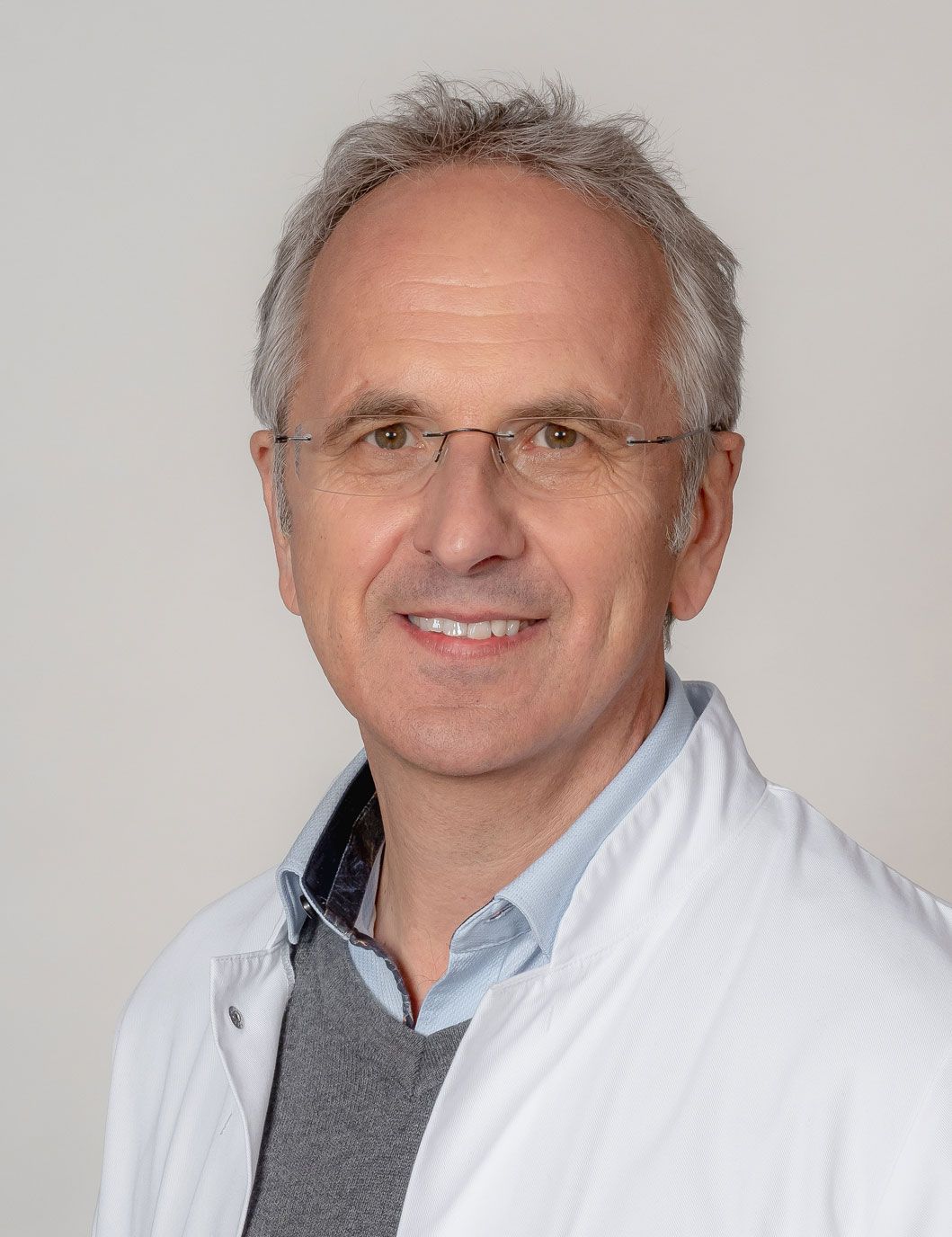
WOULD YOU LIKE TO MAKE A BOOKING REQUEST ?
Receive your personalised offer for an invigorating stay by e-mail.
